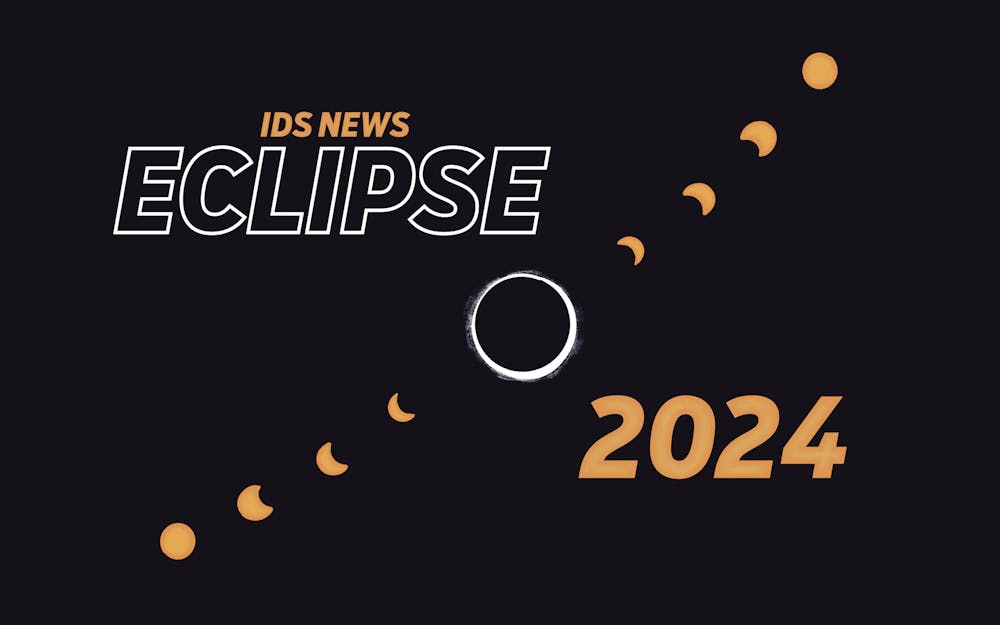With the solar eclipse passing right over Bloomington, it’s been the talk of the town for the last few months now. Hearing about it reminded me of the times there were solar eclipses when I lived in Bangalore, India, and how I would usually spend those days. My father was always greatly intrigued by space and all its wondrous spectacles, from galaxies to black holes to solar and lunar eclipses.
There have been three solar eclipses that have passed over Bangalore as far as I can remember, and every time we did the same thing. My father would bring out buckets of water and place them on our terrace, buy X-ray sheets and have us watch the eclipse by placing the sheets over the water bucket and looking at the sheet as it reflected the sky and the eclipse.
After we viewed the eclipse, we would go back into our house and our father would explain to us what an eclipse was and how it occurred. This became a tradition in my house since 2010 which was the first time I saw a solar eclipse; my sister and I lost our solar glasses the day of the eclipse. In an attempt to ensure that we would not miss out on this spectacular solar event, my father scoured the internet and discovered this alternative to watch a solar eclipse. After that, we reached the conclusion that this was a much cooler and more interesting way of watching the solar eclipse as a family and declared that this would now be our very own tradition for every solar eclipse here on out.
Remembering a tradition that’s been followed at our home my entire life made me think about the different kinds of traditions that might be practiced across the globe. Here’s a list of the traditions that are followed in different places during a solar eclipse.
In ancient China, it was believed that a solar eclipse occurred when a celestial dragon would attack and eat the sun. So, in an attempt to save the sun when a solar eclipse occurred, people would bang drums and make loud noises to get rid of the dragon, and ultimately, save the sun, ending the solar eclipse.
The Inca of South America believed that Inti, the sun god, would showcase his wrath and displeasure in the form of a solar eclipse. The way to relieve themselves of his wrath and make way for the sun again would be by making sacrifices. These sacrifices did not usually involve human sacrifices, and fasting was the more common form of sacrifice followed by the people.
In regions of West Africa, it was believed that a solar eclipse was caused due to a fight between the sun and the moon. In an attempt to end the eclipse, people of the region would come together and solve their own problems and end the fights to encourage the sun and the moon to do the same.
In Ancient Greece, it was believed that an eclipse was a form of ultimate punishment that would be imposed onto the king of the region. In an attempt to save their king, during the days leading up to the solar eclipse, they would have a prisoner stand in as the interim king. Once the eclipse was over, the prisoner would be executed, and the real king would be reinstated.
There are many other practices and traditions that are followed across the globe. I personally believe that traditions are what make individuals so interesting. Traditions are a way for people to feel like they belong in their community and are tied together by a certain belief and practice. This gives them the hope and reassurance that they are not alone, and that there are so many people who are just like them and do the same things they do. I, for one, truly felt as though the eclipse was an event that my family and I experienced together, and it helped us bond over something special as a group, which would otherwise be considered a solo activity.
Pehal Aashish Kothari is a freshman majoring in marketing with a minor in apparel merchandising.






